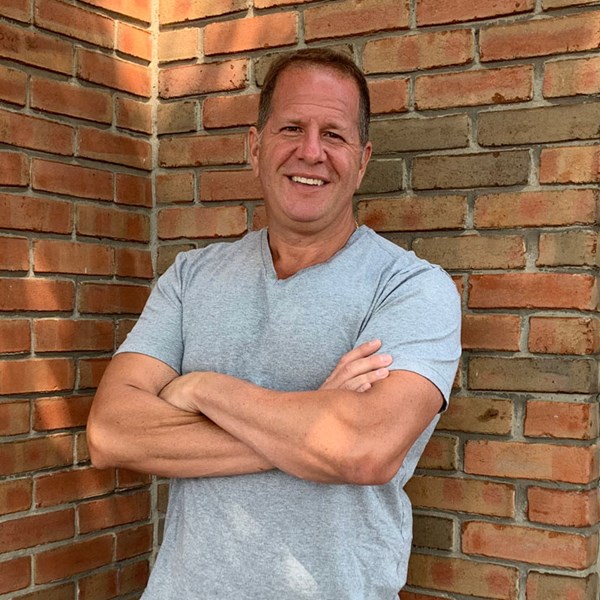In healthcare, financial health is just as critical as patient health. But for too many organizations, legacy Revenue Cycle Management (RCM) systems are doing more harm than good—slow, inflexible, and shockingly expensive. If that sounds familiar, you’re not alone.
At Envative, we’ve talked with healthcare finance leaders, billing teams, and RCM managers who all echo the same frustration: outdated systems can’t keep up with the pace of modern care. That’s where custom AI solutions come in—and the results speak for themselves.
To get more in depth with what they told us you can read our full Whitepaper here.
The RCM Status Quo? Broken.
Let’s call it like it is. Most traditional RCM platforms haven’t evolved to meet today’s demands. They create more manual work, more errors, and more headaches. High denial rates, rising administrative costs, clunky EHR integrations—these problems are all too common.
Here’s what healthcare organizations are up against:
-
Manual processes that drain time and resources.
-
Denied claims that delay payments and stress the bottom line.
-
Disconnected systems that require constant rekeying of data.
-
Compliance landmines that keep billing teams on edge.
It’s not just inefficient—it’s unsustainable.
Where AI Shifts the Game
Now for the good news: AI isn’t just a buzzword in healthcare revenue—it’s a practical tool that’s delivering real financial impact.
By combining machine learning, predictive analytics, and robotic process automation (RPA), we’re seeing healthcare orgs transform how they handle the revenue cycle.
Here’s how:
1. Smarter Claims, Fewer Denials
AI can flag coding issues before a claim is submitted. That means fewer denials, faster reimbursements, and way less rework. It can also anticipate payer behaviors and optimize submissions in real time.
2. Automation That Actually Saves Time
With RPA, you can automate repetitive tasks like eligibility checks and payment posting. The result? Less strain on your billing team and a noticeable drop in processing times.
3. Predictive Analytics That See Ahead
Want to know where your cash flow is headed? Or whether a payer is shorting you? AI analytics offer real-time visibility and data-driven insights to guide smarter financial decisions.
4. Integration That Works
AI solutions that are custom-built to fit your existing EHR remove the disconnect. Data flows where it should, charge capture improves, and claims move faster. Simple as that.
Real Results, Not Just Hype
In one proof-of-concept with a multi-specialty RCM group in New Jersey, our custom AI tools delivered:
-
32% fewer claim denials
-
Automated prior auths that cut wait times from days to minutes
-
Real-time financial dashboards that made revenue forecasts feel less like guesswork
That’s not just better tech. That’s better business.
The Bottom Line
If your current RCM system feels more like a liability than an asset, it’s time for something different. Custom, AI-powered solutions are no longer a luxury—they’re a necessity. And when you build for your organization’s unique workflows and challenges, the impact is immediate.
Ready to stop reacting and start optimizing?
Reach out to Envative to talk about what AI can do for your healthcare revenue cycle.
Tagged as: healthcare, AI

About the Author:
Craig Lamb is a co-founder and serves as Chief Information Officer at Envative, a software development company offering custom end-to-end solutions in web, mobile and IoT. With over 25 years of experience in Information Technology leadership, he is a researcher and promoter of new technologies that are leveraged in Envative's custom development efforts. Craig's expertise and keen insights have made him a respected leader and an engaging speaker within the tech industry. His greatest source of professional achievement, however, is on the consultative and technologically advanced business culture that he (along with his business partner, Dave Mastrella) has built and cultivated for more than two decades.